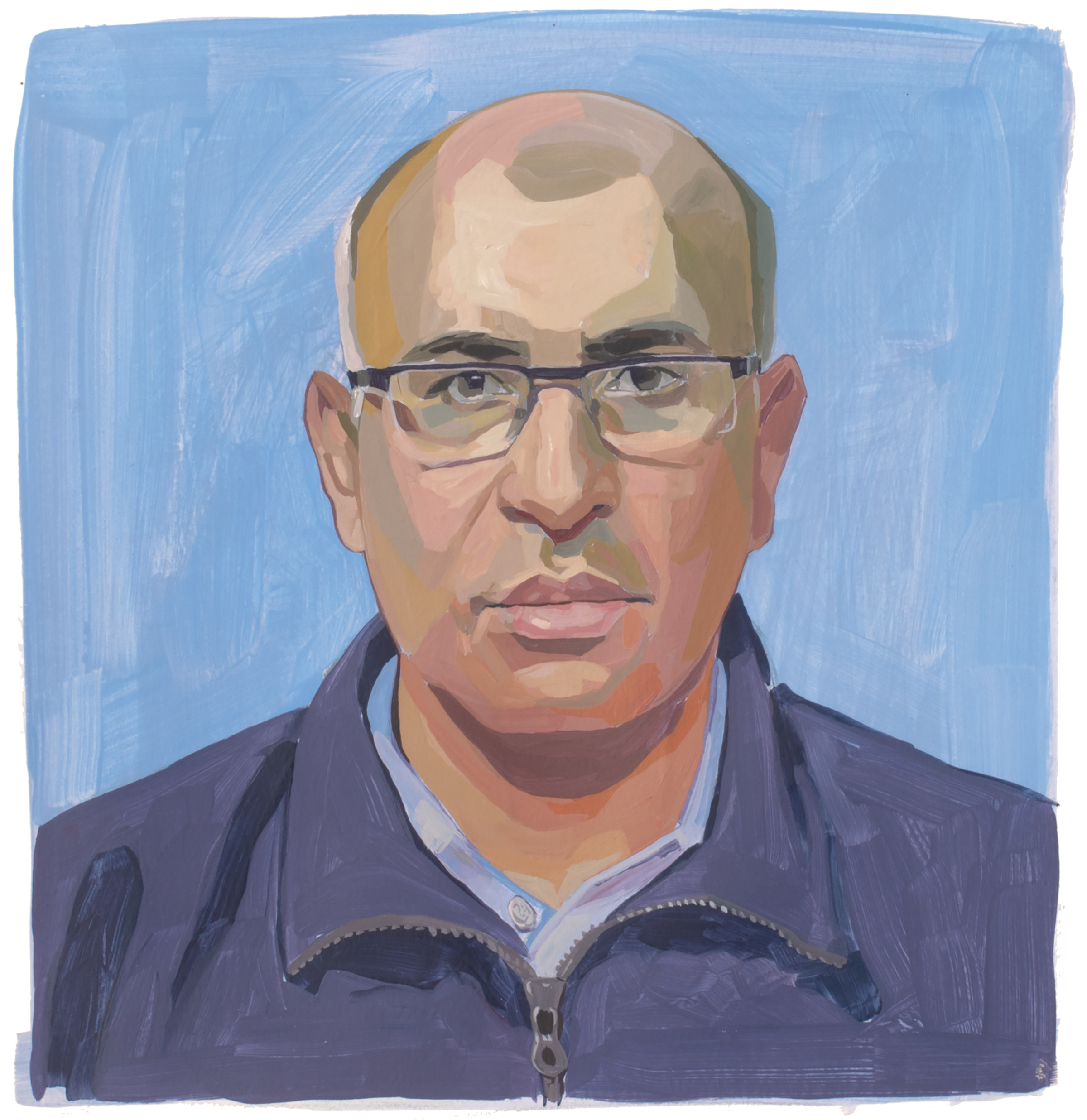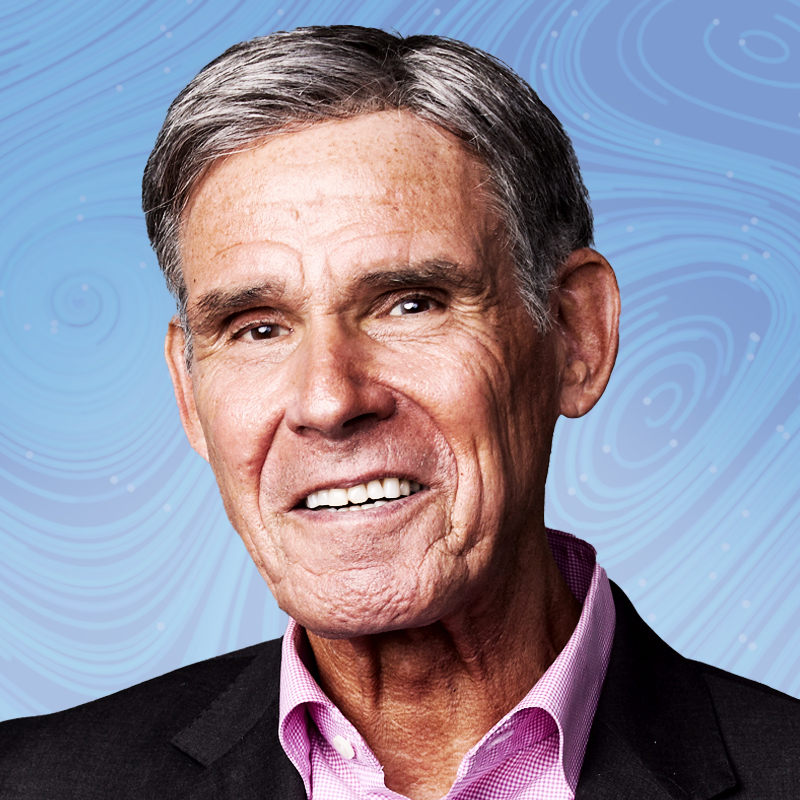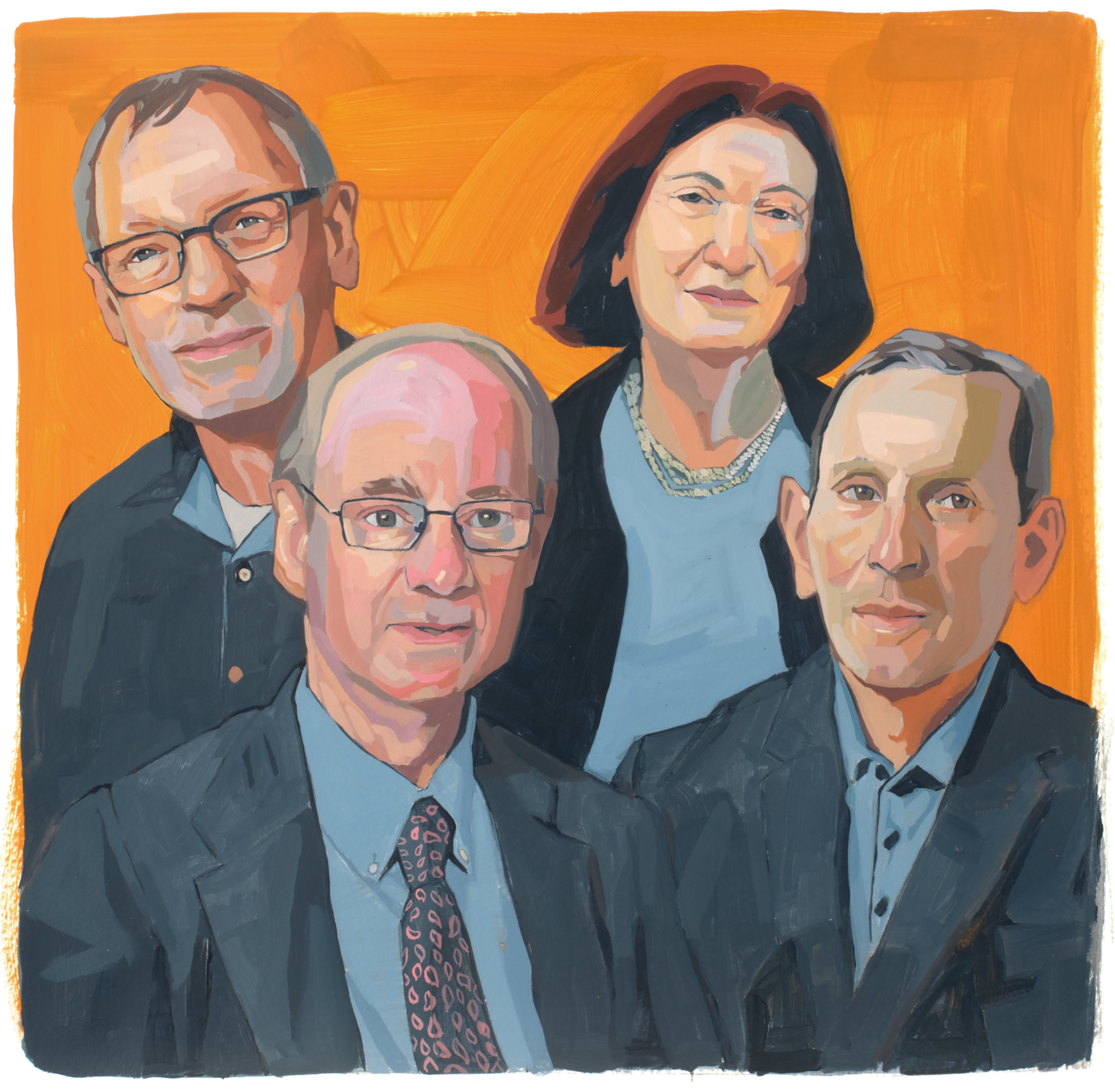Dr. Stuart Orkin didn’t set out to develop a historic treatment for sickle cell disease 45 years ago when he decided to study how blood cells formed. He became a researcher at Harvard Medical School just as scientists learned how to clone, or make copies of, genes. “Everybody was talking about how we could now fix genetic diseases,” he says. “But no one had any clue what that really meant; it was kind of a Disney fantasy.” Orkin focused his attention on the hemoglobin gene, which is mutated in people with sickle cell anemia and another set of blood diseases called beta thalassemia. Understanding how those diseases worked could make them good candidates for a genetic-based therapy, if and when that happened.
Nearly half a century later, it did finally happen thanks to the gene-editing technology CRISPR. The U.S. Food and Drug Administration approved the first gene therapy using CRISPR to treat sickle cell in December 2023. The therapy involves reactivating a person’s ability to make a healthy form of hemoglobin—called fetal hemoglobin—from when they were babies. It requires a bone-marrow transplant to remove the diseased blood cells, edit them in a lab to turn on the fetal form of hemoglobin, and return them to the patient’s body. The procedure can essentially be a cure for many, freeing people from sickle cell’s painful episodes and frequent blood transfusions—and the life-changing treatment is based on Orkin’s research identifying the genes that regulate fetal hemoglobin.
But Orkin, who is professor of pediatrics at Harvard Medical School, isn’t resting on his laurels. The procedure is costly, invasive, and out of reach for most of the 20 million people with sickle cell disease around the world. He is now trying to find a way to trigger the production of fetal hemoglobin with a pill—an ambitious task. But he isn’t deterred. “The question now is, ‘What is the next iteration of this therapy?’” he says. “We really haven’t solved the problem we set out to solve, which is how to make lots of people better. That’s what we work on now.”
More Must-Reads from TIME
- Cybersecurity Experts Are Sounding the Alarm on DOGE
- Meet the 2025 Women of the Year
- The Harsh Truth About Disability Inclusion
- Why Do More Young Adults Have Cancer?
- Colman Domingo Leads With Radical Love
- How to Get Better at Doing Things Alone
- Michelle Zauner Stares Down the Darkness
Contact us at letters@time.com





